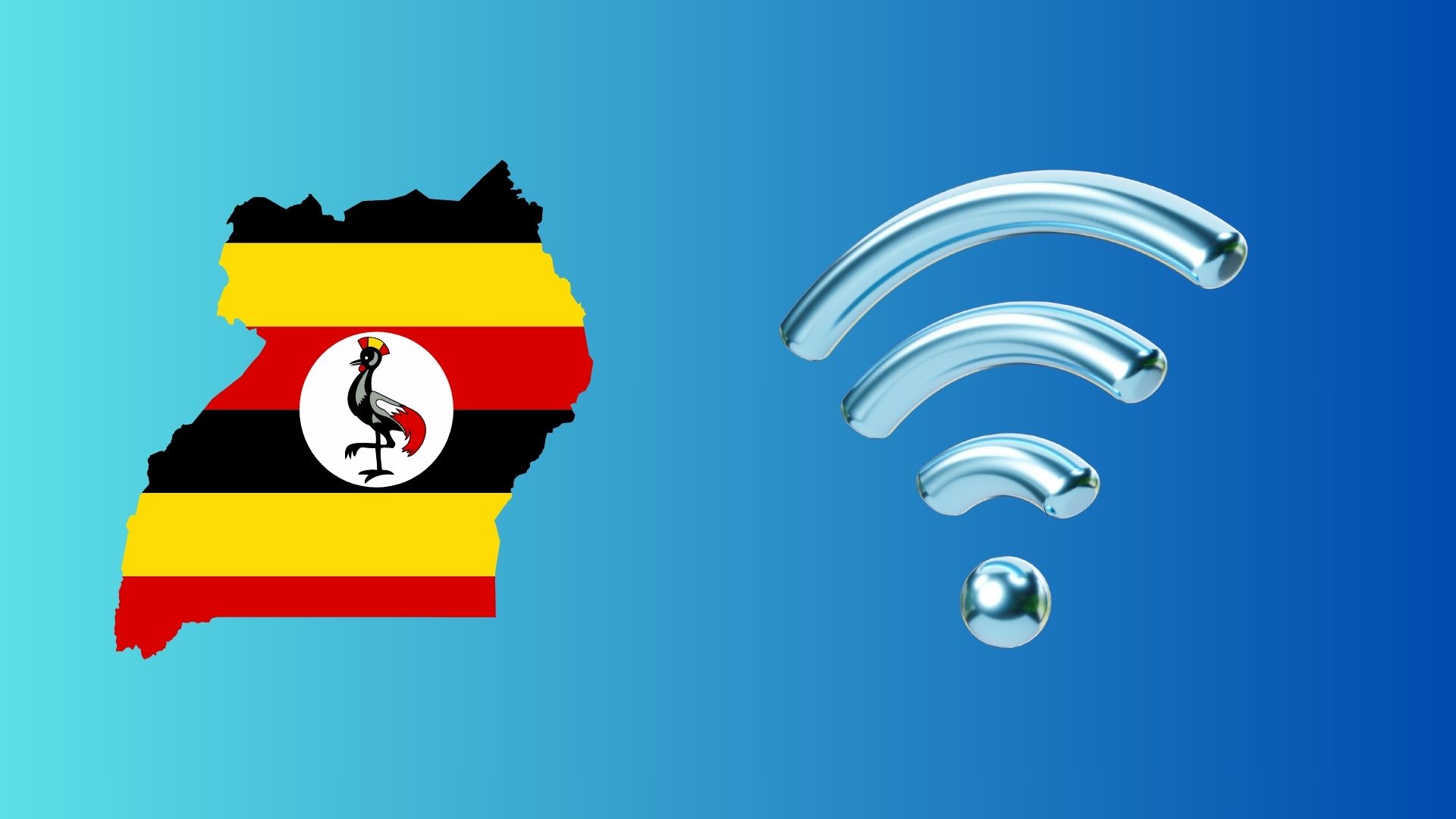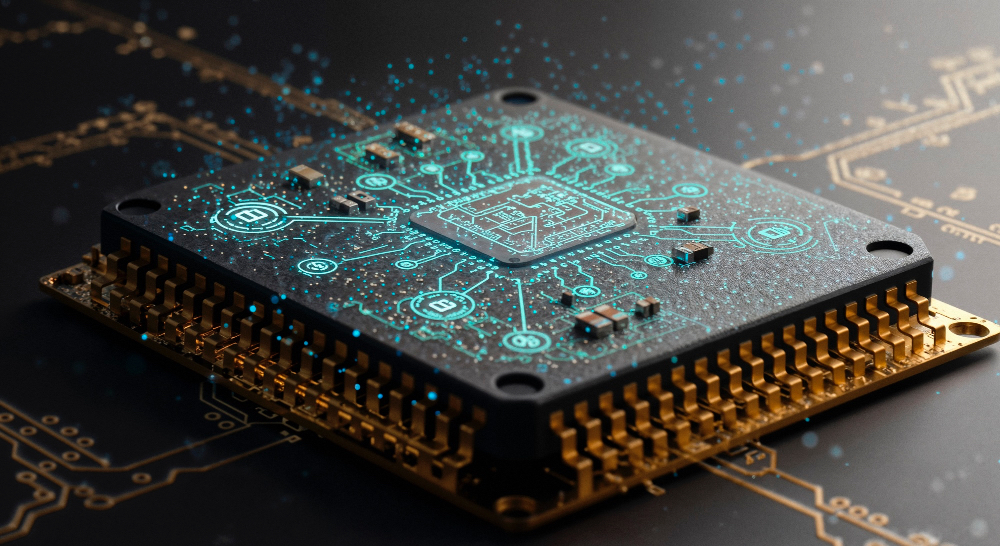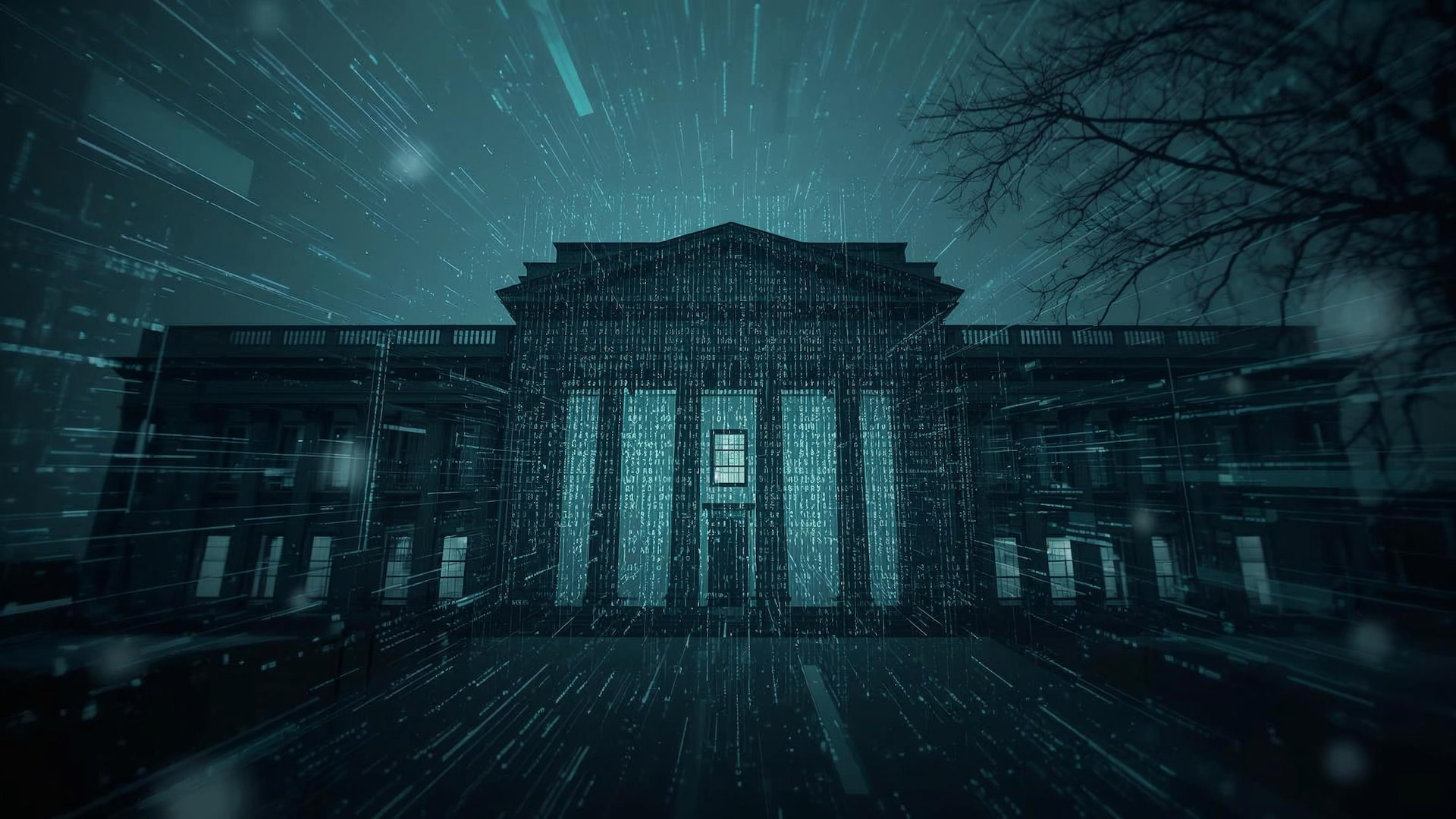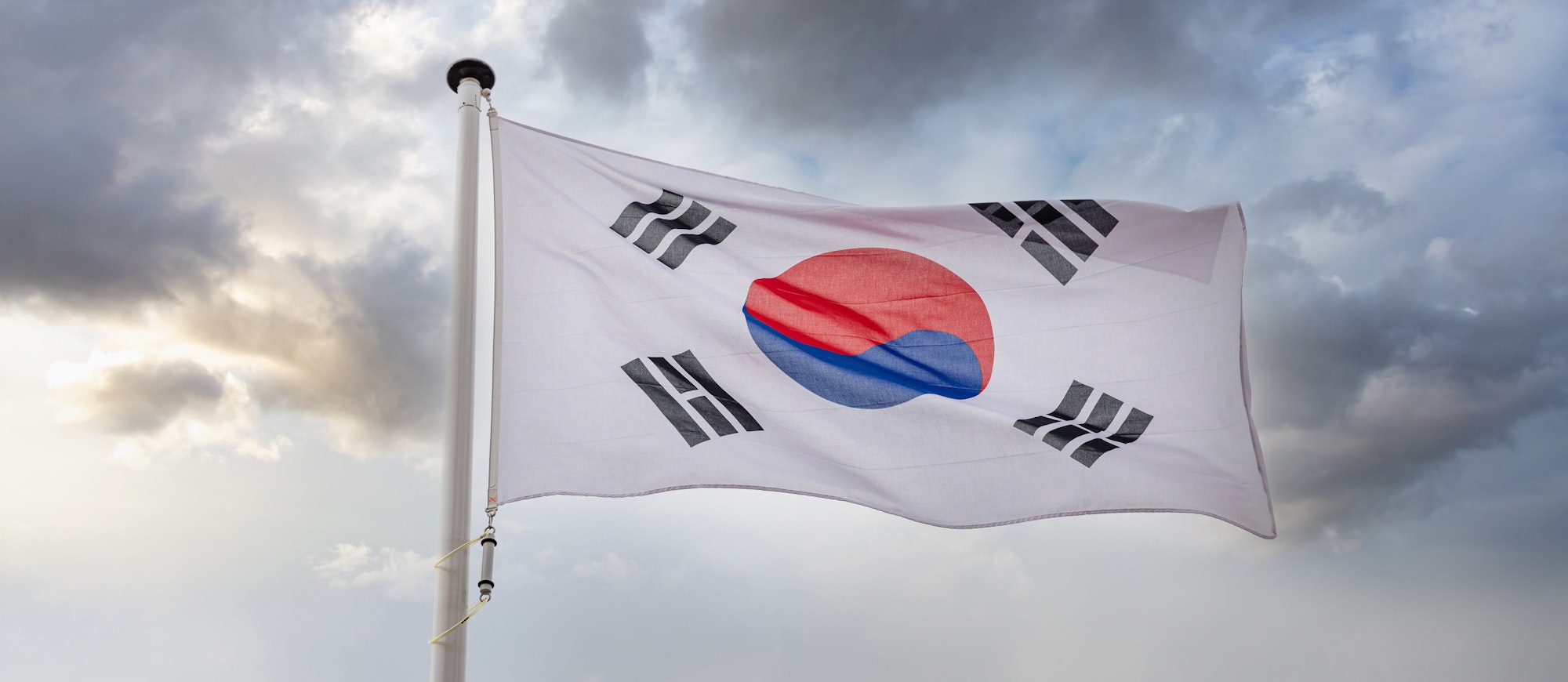Uganda’s communications regulator has ordered a nationwide internet shutdown ahead of Thursday’s general election. The move is intended to prevent misinformation, electoral fraud, and incitement to violence.
The shutdown was due to begin at 18:00 local time on Tuesday, with no end date specified. Mobile data users in Uganda reported losing access, while some business networks, including hotels, remained connected. Voice calls and basic SMS services were expected to continue operating.
The regulator said it was acting on recommendations from security agencies, including the army and police. In a letter to operators, it described the suspension as a precautionary measure to protect national stability during what it called a sensitive national exercise.
Uganda imposed a similar internet blackout during the 2021 election, which was followed by protests in which dozens of people were killed. Earlier this month, the commission had dismissed reports of another shutdown as rumours, saying it aimed to guarantee uninterrupted connectivity.
President Yoweri Museveni, 81, is seeking a seventh term against opposition challenger Bobi Wine, 43, whose real name is Robert Kyagulanyi. Wine criticised the internet suspension and urged supporters to use Bluetooth-based messaging apps, though authorities warned those could also be restricted.
Would you like to learn more about AI, tech, and digital diplomacy? If so, ask our Diplo chatbot!










